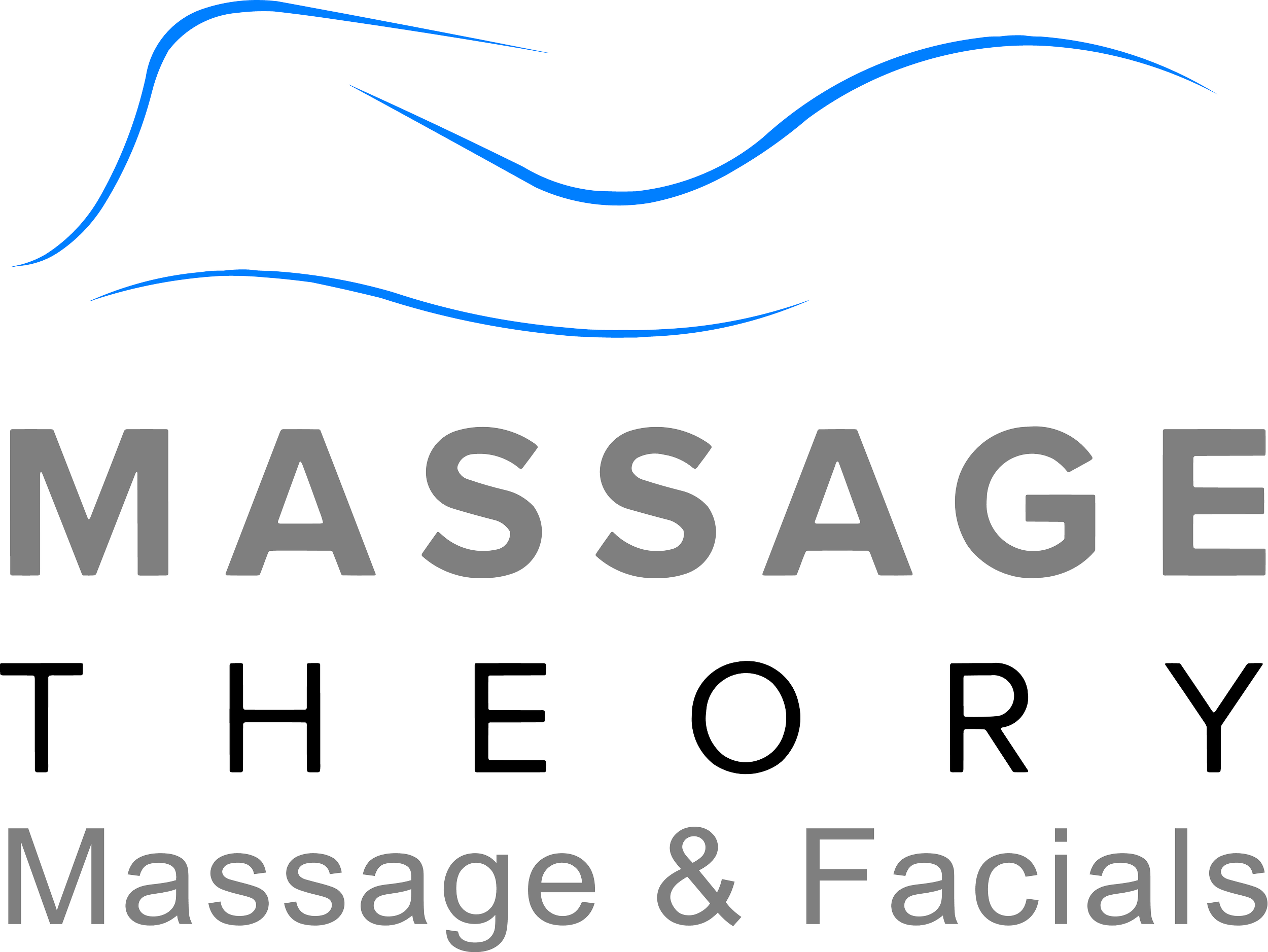How Often Should You Get a Massage? A Guide for Every Lifestyle: Finding Your Optimal Frequency
Determining how often to get a massage isn't a one-size-fits-all solution. Your ideal massage frequency depends on several factors including your physical activity level, stress levels, and any specific health concerns you might be addressing. The right massage frequency for your needs might range from weekly sessions for active individuals or those managing chronic pain to monthly treatments for general wellness maintenance.
Many people wonder if they're getting too few or too many massages, but the truth is that the perfect schedule aligns with your personal health goals and lifestyle. Athletes might benefit from sessions every 1-2 weeks, especially after intense training, while those seeking stress relief might find a monthly appointment sufficient. Your age, daily activities, and even budget all play roles in creating your optimal massage routine.
Incorporating regular massage therapy into your wellness routine offers cumulative benefits for your overall well-being. As you read on, you'll discover how to tailor a massage schedule that supports your specific needs, whether you're managing chronic conditions like fibromyalgia or simply looking to maintain balance in your busy life. Let's explore how to maximize the benefits of massage therapy for your unique situation.
Understanding the Benefits of Regular Massages
Regular massage therapy offers powerful benefits for both body and mind, promoting overall wellness through multiple physiological and psychological mechanisms. Incorporating massage into your routine can significantly enhance quality of life.
Physical and Mental Health Advantages
Massage therapy provides remarkable stress relief by lowering cortisol levels and increasing endorphin production. These biochemical changes directly contribute to your mental health and sense of well-being.
Regular sessions effectively decrease muscle tension and improve flexibility, making everyday movements easier. Athletes particularly benefit from enhanced range of motion, which can prevent overuse injuries and muscle strain during physical activities.
Improved circulation is another key advantage, as massage increases blood flow to tissues. This enhanced circulation delivers more oxygen and nutrients to cells while removing waste products more efficiently.
Massage can significantly reduce chronic pain conditions, including tension headaches and migraines. For those with persistent discomfort, regular sessions offer a drug-free approach to pain management.
Regular massage also supports your immune system function and can speed recovery from physical exertion or minor injuries.
Factors Affecting Massage Frequency
Your optimal massage frequency depends on several individual lifestyle factors. People experiencing high stress levels or demanding physical activity may benefit from weekly sessions.
For general relaxation and maintenance, scheduling massages every 2-4 weeks is often sufficient for wellness. Those dealing with muscle soreness or muscle tightness might need more frequent attention.
Specific health conditions also influence ideal frequency. Chronic issues typically require consistent weekly or bi-weekly treatment for maximum effectiveness, while occasional rejuvenation needs might be met with monthly sessions.
Your budget matters too. If regular massages strain your finances, consider spacing out sessions while incorporating self-care practices between appointments.
Athletes should align massage therapy with their training schedule, focusing on muscle recovery before and after intense competitions.
Establishing Your Massage Schedule
Finding the right massage frequency depends on your personal needs, health goals, and lifestyle factors. Creating a customized schedule ensures you receive maximum benefits while managing your time and budget effectively.
Personalized Frequency Recommendations
For chronic pain conditions like back pain or fibromyalgia, weekly sessions may provide the most relief. Your body typically needs consistent treatment to address ongoing issues and prevent regression between appointments.
For general wellness and stress management, a massage every 2-4 weeks helps maintain balance and prevent tension buildup. This frequency works well for most people with moderate stress levels and typical desk jobs.
Athletes benefit from massage timing based on training intensity. Consider scheduling sessions 48-72 hours before competition to enhance performance, or immediately after intense training to help clear metabolic waste from tired muscles.
If you're dealing with acute injuries, more frequent sessions (2-3 times weekly) may be beneficial initially, gradually decreasing as you heal. Listen to your body and adjust accordingly.
Types of Massages Tailored to Your Needs
Swedish massage provides general relaxation and is ideal for monthly maintenance or when you need to unwind. Its gentle techniques make it perfect for massage newcomers.
Deep tissue and sports massage therapy work best for athletes, active individuals, or those with specific muscle issues. These typically require less frequency (every 2-4 weeks) but more intensity.
For those with high-stress lifestyles, consider these specialized options:
Hot stone massage for deep relaxation (every 4-6 weeks)
Reflexology for stress reduction (every 2-3 weeks)
Lymphatic drainage massage for detoxification (monthly)
Prenatal massage provides relief during pregnancy and is typically safe once per month during the second and third trimesters with proper practitioner certification.
Incorporating Massage into Your Budget and Lifestyle
Membership programs at massage clinics often provide discounted rates for regular sessions. Many offer monthly packages that encourage consistency while reducing per-session costs.
Consider these budget-friendly approaches:
Book shorter 30-minute targeted sessions instead of full-body treatments
Alternate between professional massages and self-massage techniques
Look for massage schools where students offer discounted services
Time management matters too. Schedule appointments during less busy times in your week to avoid adding stress. Some clinics offer early morning, evening, or weekend slots to accommodate working professionals.
Track improvements in your sleep quality, flexibility, and anxiety levels to determine if your current frequency is effective. A professional massage therapist can help assess your progress and recommend adjustments to your wellness routine based on your health concerns.
